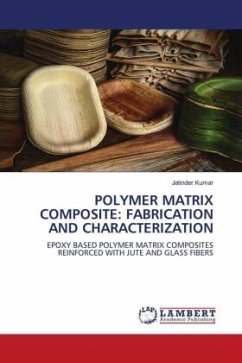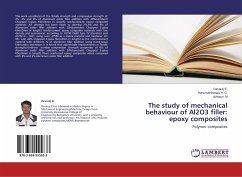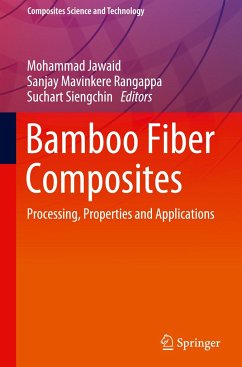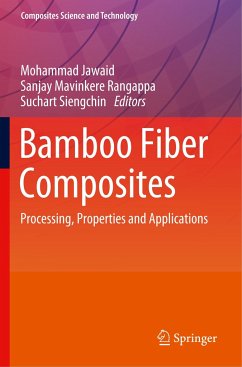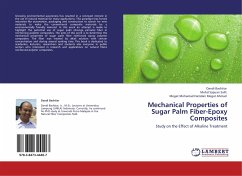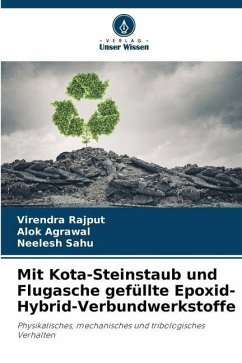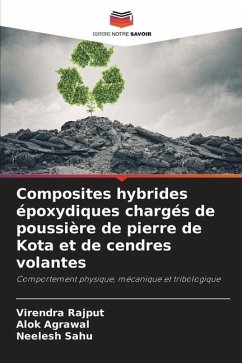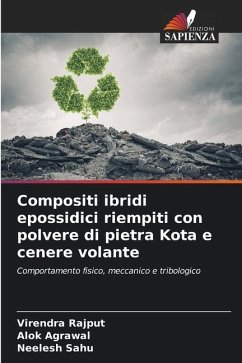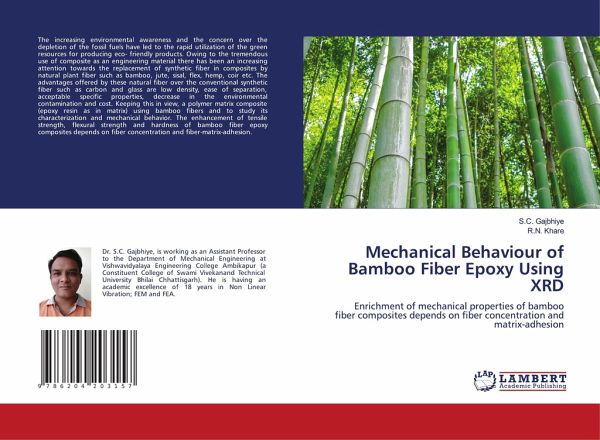
Mechanical Behaviour of Bamboo Fiber Epoxy Using XRD
Enrichment of mechanical properties of bamboo fiber composites depends on fiber concentration and matrix-adhesion
Versandkostenfrei!
Versandfertig in 6-10 Tagen
27,99 €
inkl. MwSt.

PAYBACK Punkte
14 °P sammeln!
The increasing environmental awareness and the concern over the depletion of the fossil fuels have led to the rapid utilization of the green resources for producing eco- friendly products. Owing to the tremendous use of composite as an engineering material there has been an increasing attention towards the replacement of synthetic fiber in composites by natural plant fiber such as bamboo, jute, sisal, flex, hemp, coir etc. The advantages offered by these natural fiber over the conventional synthetic fiber such as carbon and glass are low density, ease of separation, acceptable specific propert...
The increasing environmental awareness and the concern over the depletion of the fossil fuels have led to the rapid utilization of the green resources for producing eco- friendly products. Owing to the tremendous use of composite as an engineering material there has been an increasing attention towards the replacement of synthetic fiber in composites by natural plant fiber such as bamboo, jute, sisal, flex, hemp, coir etc. The advantages offered by these natural fiber over the conventional synthetic fiber such as carbon and glass are low density, ease of separation, acceptable specific properties, decrease in the environmental contamination and cost. Keeping this in view, a polymer matrix composite (epoxy resin as in matrix) using bamboo fibers and to study its characterization and mechanical behavior. The enhancement of tensile strength, flexural strength and hardness of bamboo fiber epoxy composites depends on fiber concentration and fiber-matrix-adhesion.



